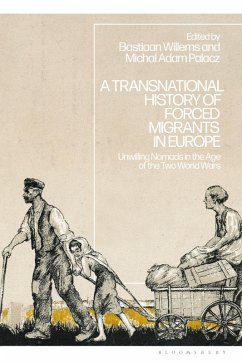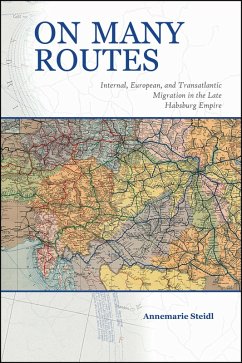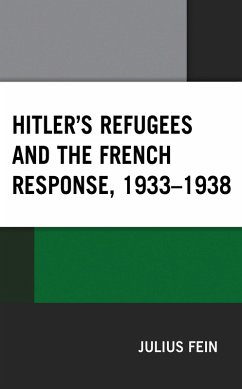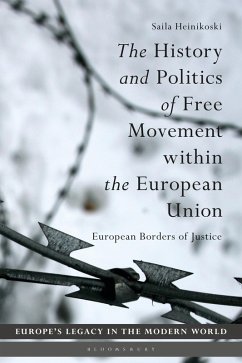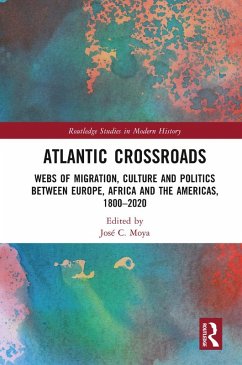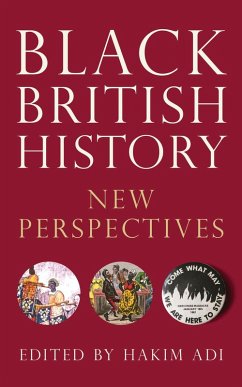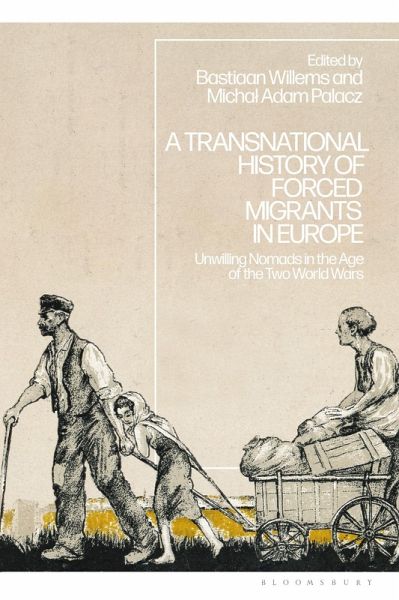
A Transnational History of Forced Migrants in Europe (eBook, ePUB)
Unwilling Nomads in the Age of the Two World Wars
Redaktion: Willems, Bastiaan; Palacz, Michal Adam

PAYBACK Punkte
12 °P sammeln!
This book is a vital exploration of the harrowing stories of mass displacement that took place in the first half of the 20th century from the perspective of forced migrants themselves. The volume brings together 15 interrelated case studies which show how the deportation, evacuation and flight of millions of people as a result of the First World War intensified rather than alleviated ethnic conflicts which culminated in population transfers on an even larger scale during and immediately after the Second World War. While each chapter focuses on a different group of refugees and displaced person...
This book is a vital exploration of the harrowing stories of mass displacement that took place in the first half of the 20th century from the perspective of forced migrants themselves. The volume brings together 15 interrelated case studies which show how the deportation, evacuation and flight of millions of people as a result of the First World War intensified rather than alleviated ethnic conflicts which culminated in population transfers on an even larger scale during and immediately after the Second World War. While each chapter focuses on a different group of refugees and displaced persons, the text as a whole looks at the experience of forced migration as a complex set of evolving relationships with the receiving society, the homeland, the broader diaspora and other migrant communities living within the same host country. This innovative, four-dimensional model provides an overarching conceptual framework that binds the chapters together within the longer arc of European history. By going beyond the conventional narratives of national victimhood and (un)successful assimilation of refugees, A Transnational History of Forced Migrants in Europe reveals that identities of forced migrants in the first half of the 20th century were individualised, hybrid and constantly reconstructed in response to socioeconomic forces and political pressures. The case studies collected in this volume further suggest that age, gender, social class, educational level and the personal experiences of 'unwilling nomads' are more important to the understanding of forced migration history than ethnoreligious identities of victims and perpetrators.




